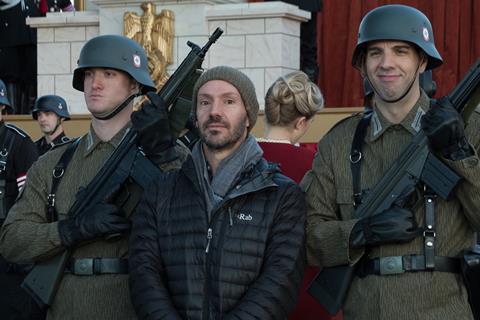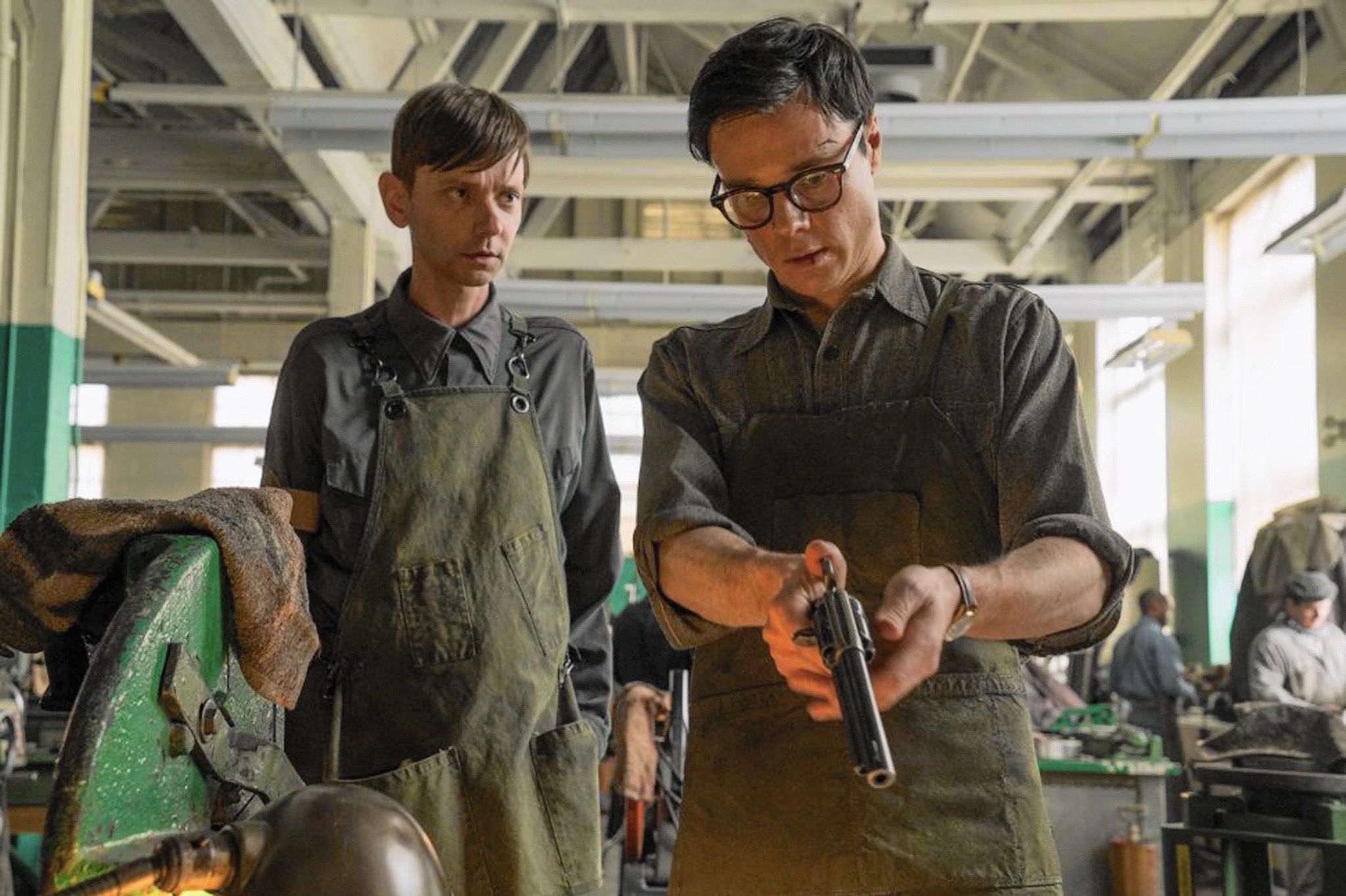
So how does a glowering, glum show like this head toward a finish? By starting to actively fuel a rebellion. Even John Smith, a lead character who's actively betrayed his own country by flipping sides after the Axis powers' victory, is laced and layered with enough sympathetic elements to warrant a satisfying conclusion. It can't abandon all these sorrowful beings in a nightmare dystopia. This show has to, whether it happens in Season 4 or beyond, wrap up in a hopeful way. What a cool and curious quirk." No, this season it all starts to grab hold and shake the tree. Season 3 shapes things so that it's not all just a "Well, this alt-Earth scenario sure seems terrible for everyone on every level, right?" Likewise, with the sci-fi element, this year it becomes more than simply "Huh, an underlying multiverse arc. It's taken a while, and a generous amount of patience given how demonstratively sad the story can be, but the series now has a purpose. Dick, yet still deviating heavily from the book back in Season 1, the series now - as it becomes an eager, extended hypothetical of where Dick's story might have ultimately gone - finally fits its shoes.

Being based on an award-winning novel by sci-fi luminary Philip K.

The show's embrace of science fiction has been a steady, escalating one.

Still as morose and unyielding as ever, The Man in the High Castle returns, almost two years after its second season dropped, for a run that not only deals heavily with the fallout of Rufus Sewell's John Smith thwarting a German nuclear attack on Japan (while simultaneously losing his son back home), but also dives headlong into sci-fi, transforming the series into what it was always meant to be.


 0 kommentar(er)
0 kommentar(er)
